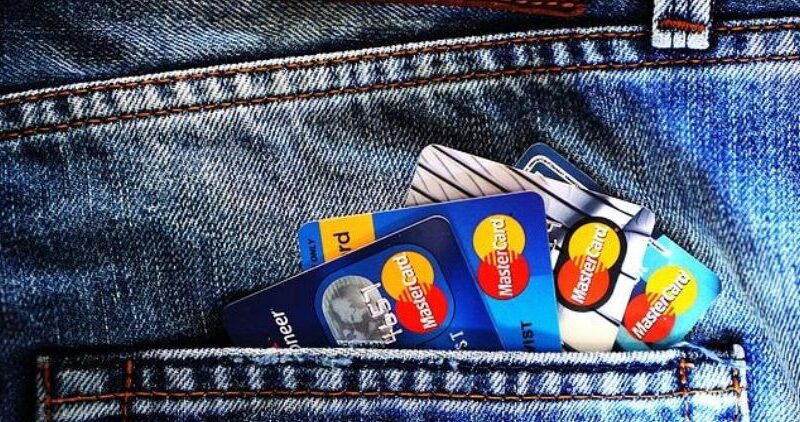Before you find ways to improve your credit score, understand how scoring works. Most lenders check your FICO (Fair Isaac Corporation) score to see if you’re worth lending to based on your history with other credit facilities.
This FICO score rates your credit history between 300 and 850. It arrives at these scores after looking at your payment history, existing debts, credit mix, the duration of your credit history, and your new credit.
Despite using these ranking elements, the three credit rating bureaus still arrive at different percentage scores. If your score is low, you can do a few things to boost it. Taking a loan is one of them. Read on!
How a personal loan might improve your credit score
The first thing to do as you attempt to improve your credit score is to minimize credit. You’ll have to change your spending habits. If you’re the buy now, pay later type, you may have to consider the pay now, buy later mantra.
The difference is the former affects your credit score when you default on payments or make them late. Additionally, it’s a form of a loan. On the other hand, through pay now, buy later, you make regular payments to prebook an item. Thus, you don’t purchase the item on credit.
Once your spending is under control, it’s time to improve your credit score. One of the options is
to get a personal loan. Although you have a low credit score, many online lenders can give you a chance through bad credit loans.
Forego the traditional process of applying for a loan where you had to drive your car to the storefront and use it as collateral. Applying for an unsecured internet personal loan is faster. Here’s how it helps boost your credit score.
Improved payment history
As we mentioned earlier, the credit rating scores your payment history. Hence, defaulted loans or credit card payments appear in your payment history. As such, when you apply for a new personal loan and make your payments on time, you establish a better payment history. If you’re the forgetful type, and that’s why you default payments, you can automate the new loan repayment.
When your credit history improves, you’ll receive better terms from lenders. For example, you’ll get better rates and have more lenders willing to approve your loan application.

Low credit utilisation
Your credit utilization is the difference between how much you owe and your card’s limit. It’s a simple calculation you can do right now. Divide the credit card balance by your card’s limit.
When you take a personal loan to pay what you owe on your card, the utilization rate reduces.
Although you’ll increase debts, it’ll not be as significant as a high credit utilization score. Plus, you’ll keep up with your monthly loan repayments to avoid defaulting.
An ideal rate is under 30%. When it is low, it shows you borrow responsibly. On the other hand, a high one suggests you’re a spender who is never shy of asking for credit to splurge. You don’t want lenders to assume you’re irresponsible financially.
Better credit mix
Take credit only when you need it. Consider asking for a loan or applying for another credit card when it’s the only solution available. When you do, use diverse credit options, including personal loans. It shows your financial maturity to handle various credit options. That’s how it’ll make the ranking systems increase your credit score.
Credit mix might account for about 10% of your credit score, but it’s also significant. The 10% can make a difference when you need an emergency loan and can’t find a good deal because all lenders are quoting exorbitant rates because you have a bad credit score.
Debt consolidation
When you have several credit card balances and a couple of loans, each with a different repayment plan and high rates, consolidating them can give you one low-interest repayment. It helps you manage your credit and begins improving your credit score. Consequently, you’ll be paying your loan and saving some money to avoid getting into debt again.
Final thoughts
Bad credit can ruin your ambitions, both personal and business. Imagine you want to buy a house and can’t get a mortgage. Worse, imagine your car breaks down, you don’t have an emergency fund, and lenders say you’re too risky to assist.
You can improve your score now before it gets worse. A personal loan can consolidate your debts and improve your credit mix. Further, improving your score will lower your credit utilization.
When your score improves and you get more favourable interest rates on your loans, you’ll have more money to save. The extra cash can go into an emergency fund to reduce your dependence on credit.















